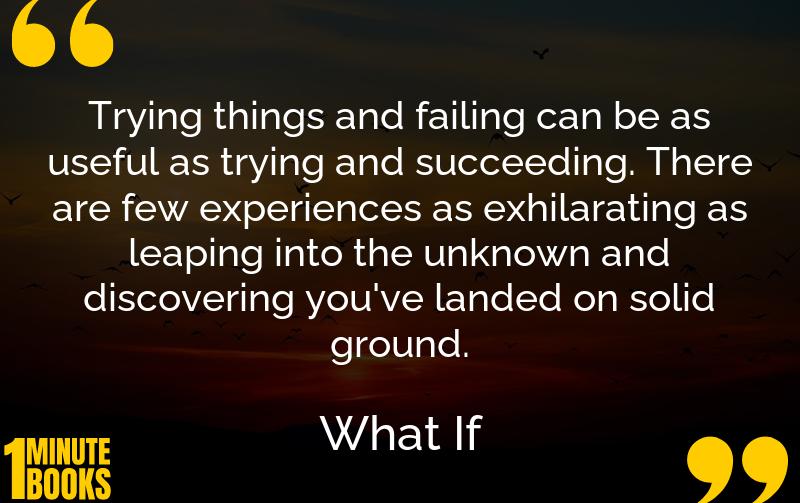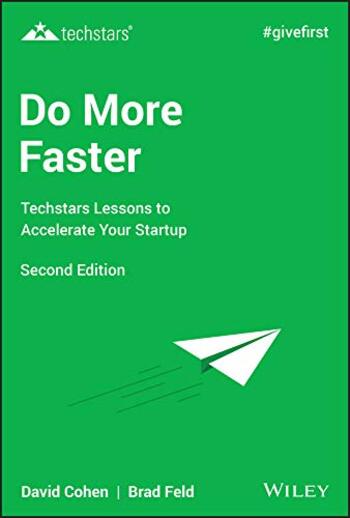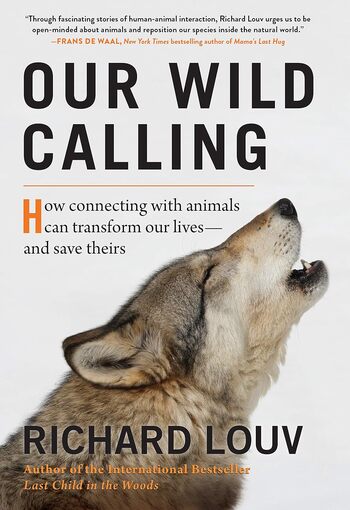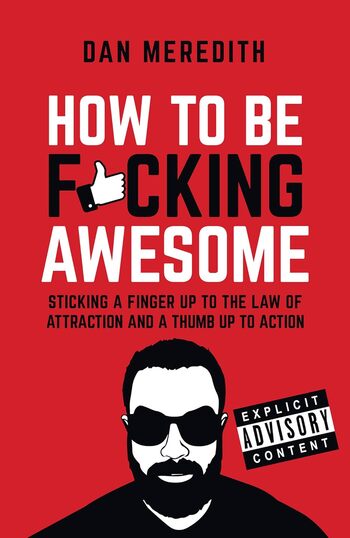
What If? by Randall Munroe explores quirky, hypothetical scientific scenarios with humor and wit, engaging readers with ‘what if’-styled questions and delightful scientific insights.
Main Lessons
- Embrace curiosity about the world by exploring bizarre and hypothetical scenarios.
- Science can be both fun and educational, inviting people of all backgrounds to learn.
- Critical thinking encourages unique perspectives on everyday situations.
- Imagination can lead to scientific discoveries and increased knowledge.
- Breaking down complex concepts into simple terms makes science more accessible.
- Humor is a powerful tool in education, creating engagement and retention.
- Challenging the expected can offer insights into nature and human behavior.
- Even unconventional questions can yield interesting and informative answers.
- Encouraging people to ask questions promotes lifelong learning and curiosity.
- Exploring the ‘what ifs’ stimulates creativity and innovative thinking.
- Seeing science as a playful experiment rather than a rigid study broadens perspectives.
- Humans share a universal desire to understand the world in unique and intriguing ways.
- Science fiction ideas often reflect potential technological advancements.
- The unknown can spark excitement rather than fear, celebrating the potential for discovery.








